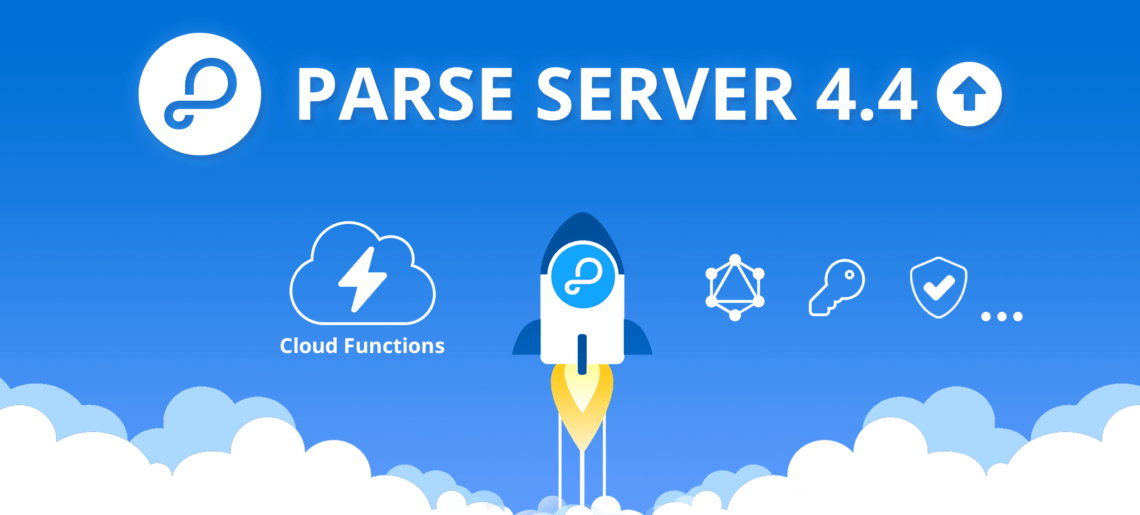From the start of the human race, we have seen many developments and advancements, and one of the best technological developments that have happened to us is the portable lifestyle. Mobile phones are the devices that are getting so powerful with every passing year, and they are bringing a lot of ease to our lives.
Cross-platform applications and their integration with appropriate hosting services make the development and user experience better. From all these things, a hosting service is a vital part of any mobile application because it helps make the application perform better. It also makes the updating process a whole lot easier.
However, it is not easy to select the best hosting service for your React Native application. Here we will discuss some of the best hosting service providers to choose for your React Native application as a developer.
Read More




